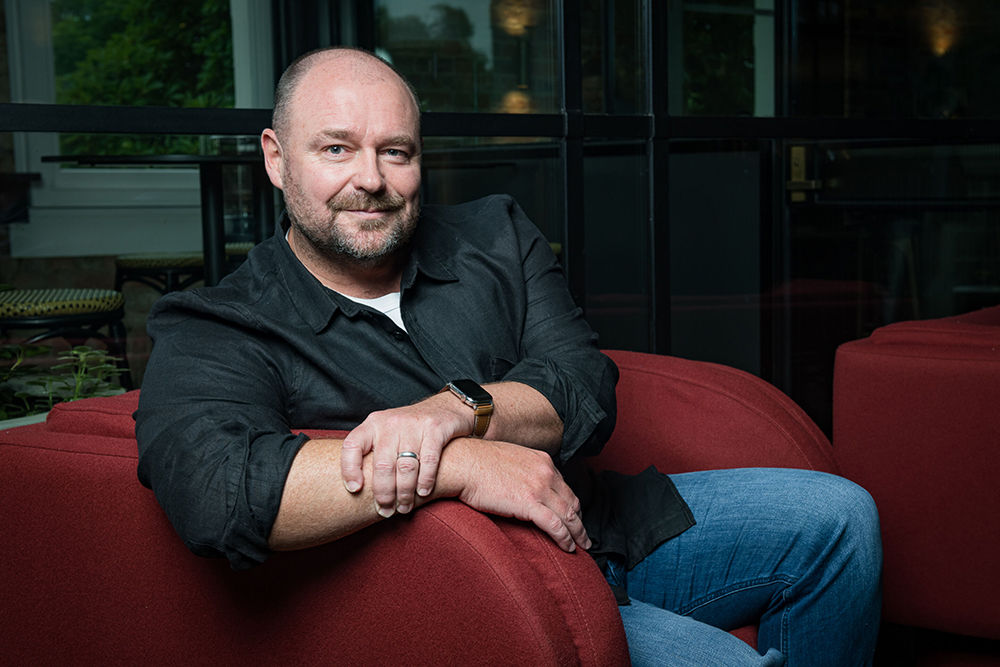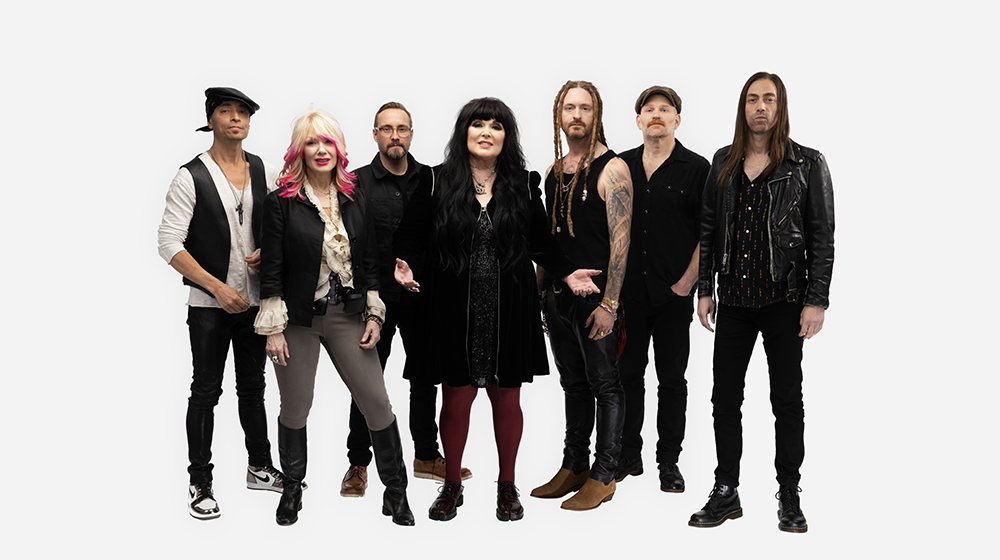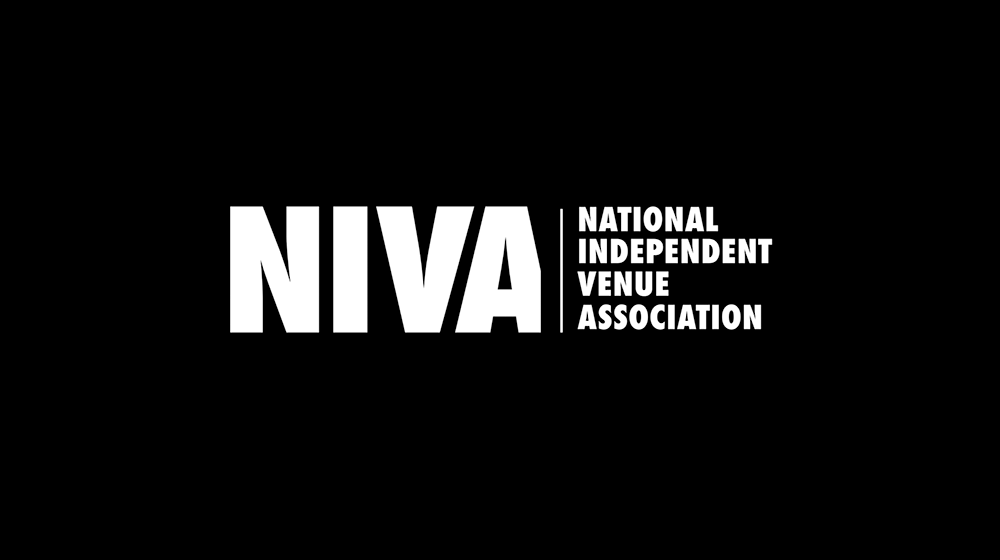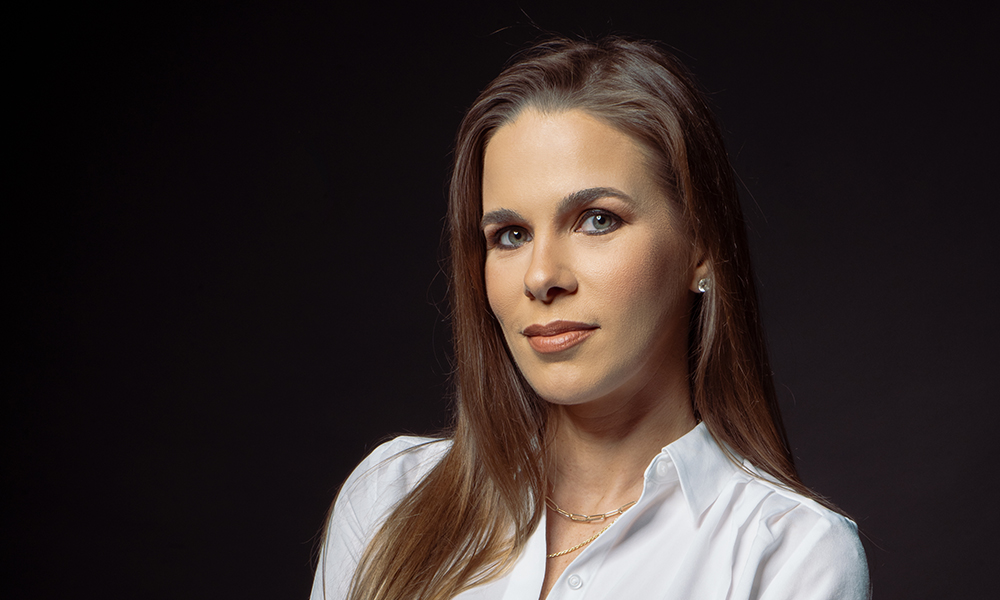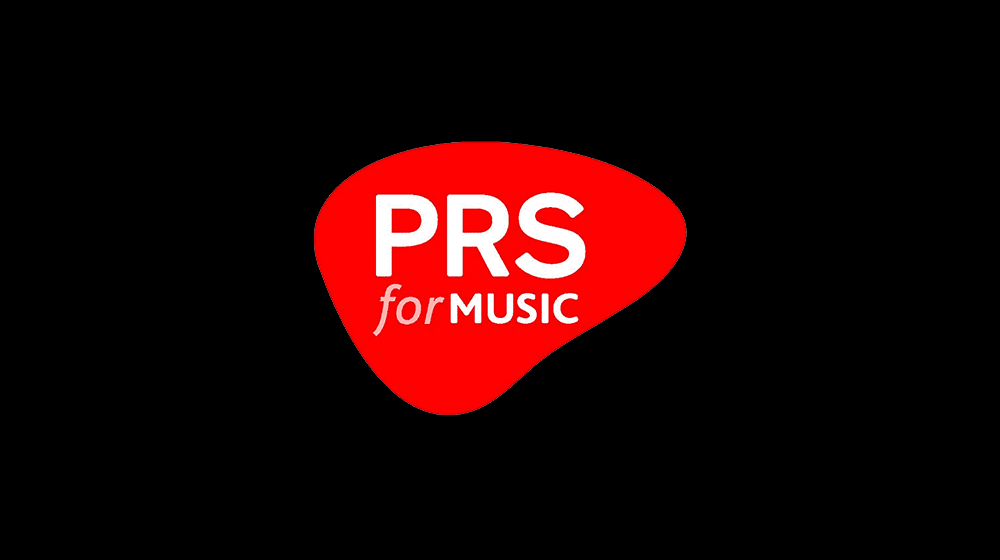
1. The major music business, the "new music" business, is built upon radio, it depends upon it.
2. There's a fiction that we still live in a monoculture. This concept has been blown apart on television, where there are five hundred channels available, but the Luddites in radio still believe the Internet didn't happen, that we're all prisoners of the dial, where there are few stations and little innovation.
3. There are radio alternatives. I.e. Pandora and the forthcoming iTunes Radio. Please don't confuse Spotify and Rdio and Deezer and MOG/Daisy with radio, they're nothing of the sort. Oh, they might have a Pandora or iTunes Radio component, but these streaming services are retail replacements, lending libraries wherein for ten bucks a month you can go into the store and borrow anything you want, as long as you return it. Also, you're not limited to one album at a time…
4. The radio alternatives represent market fragmentation. Because Internet in the car is not yet here on a widespread basis, they've had little impact on car listening… Then again, we've experienced tapes in the car, CDs and iPod hookups. Terrestrial radio listenership is not close to what it once was. Radio used to dominate, it's still the biggest player, but its market share has receded dramatically.
5. Satellite, Sirius XM, benefits from its automobile deals. That was the essence, even more than the programming. At this point, ten years past launch, almost all cars are satellite-ready. Not everybody pays, but subscriptions exceed twenty million. How can Sirius XM get the rest of the public to subscribe? By utilizing Internet techniques, i.e. social networking. People go where their friends are… Right now, Sirius XM has not leveraged its subscriber base.
6. When wi-fi hits the car, or whatever type of cheap Internet access deploys in automobiles, Sirius XM will be challenged too. Right now, Sirius XM's Internet play is laughable.
7. Most people under age twenty have never experienced good radio. So when baby boomers and Gen X'ers start waxing rhapsodically about their old time favorites, wanting them to come back, it's the equivalent of wishing that music videos would come back to MTV. Music videos are now an on demand item. No one is going to sit and wait for their favorite. And this is the same challenge facing all radio outlets, from terrestrial to satellite to Pandora to… They're all based on an old model. Which is you'll sit through what you don't like to hear what you do, paying for the experience, whether with cash or by listening to ads. At this point, ads on Pandora are limited. But it's the ads that will kill terrestrial…
Never forget Sirius XM's music channels are commercial-free. The public hates commercials, despite all the b.s. propagated by advertisers. The absence of commercials is satellite's number one selling point.
8. Insiders believe that there's no revolution in terrestrial radio because the owners know it's headed into the dumper. They're just milking it for all they can before it falls off a cliff. So if you're waiting for format innovation and fewer commercials…you'll be waiting forever.

9. The challenge of Spotify/Rdio/etc. is…to tell their subscribers what to listen to. That's what traditional radio has done best. So far, these services have not succeeded because they're run by techies, and curation is all about human effort, not algorithms, otherwise we'd all be in relationships determined by computers.
10. Indie and left of center musical acts cannot get on terrestrial radio.
11. Terrestrial radio sells records and builds careers. Just not as well as before. The reason we see so few diamond sellers isn't because of piracy so much as the fragmentation of the audience. In the old days of the walled garden, of radio and MTV dominance, if something got airplay it went nuclear, now radio just plays to its niche.
12. There's very little innovation in the music played on alternative and active rock stations. Hip-hop killed rock and roll, but rather than innovating, rock and roll stayed the same. And now electronic music is killing hip-hop. Sure, kids want something different from their parents, but even more they want to own the scene, they don't want to be dictated to, they want something that's testing the limits!
13. Pop/Top Forty has more innovative music than alternative and active rock. Because the largest rewards are in pop/Top Forty, the best people gravitate there. I know you hate this, but it's true.
14. Young people, prepubescent people, listen to Top Forty to be a member of the club, it's a rite of passage, discovering pop after Disney…before you become an adolescent and want to express your identity by finding your own music, when you stop inviting all the kids in your class to your birthday party and only the few you like, who you gossip with about those you hate.
15. Baby boomers and Gen X'ers control the big time music business. They're inured to the past, the dominance of radio and MTV, and they only want to be involved with that which pays, heavily… So they're not about to put a decade into building your indie band, never gonna happen.
16. The young acts of today have to depend upon the young entrepreneurs of today to build their careers. It wasn't oldsters who built classic rock, but a totally new generation of young players and young business people, only the young business people understood it.
17. Look at trends. Ten years ago the major labels said no record ever broke on the Internet. Look at PSY's "Gangnam Style"! Radio is dying and YouTube and other alternatives are growing.
18. If you want to gain the most eyeballs, you must be controversial, tweet-worthy. If I can listen to your station and have no opinion, not hate or love your deejays or hate or love your music, if you give me nothing to talk about other than the same damn thing, then I'm not gonna talk about it, I'm not gonna bring new people in, you're going to be living in an echo chamber.
19. Just like music piracy is a dead conversation, just like streaming has eclipsed it, terrestrial radio is dying…however, its replacement has not reared its head yet. Therefore the oldsters say radio is forever. But lousy sales figures of today's mass market records proves this to be wrong.
20. We, as a culture, want to feel included. That's what the radio of yore was all about. To grow mass, you've got to make us feel included. In other words, it's all about culture. Talk radio has culture. As does public radio. After that, it's a vast wasteland of sold-out stations with the same flaw of network television… Trying for broad-based appeal, they appeal to no one, and cede their market to excellence. HBO and the cable outlets killed network with quality… If you don't think new services will kill terrestrial radio, you must like inane commercials, you must like me-too music, you must think airplay on one of these outlets will sell millions of albums, but that almost never happens anymore.





























